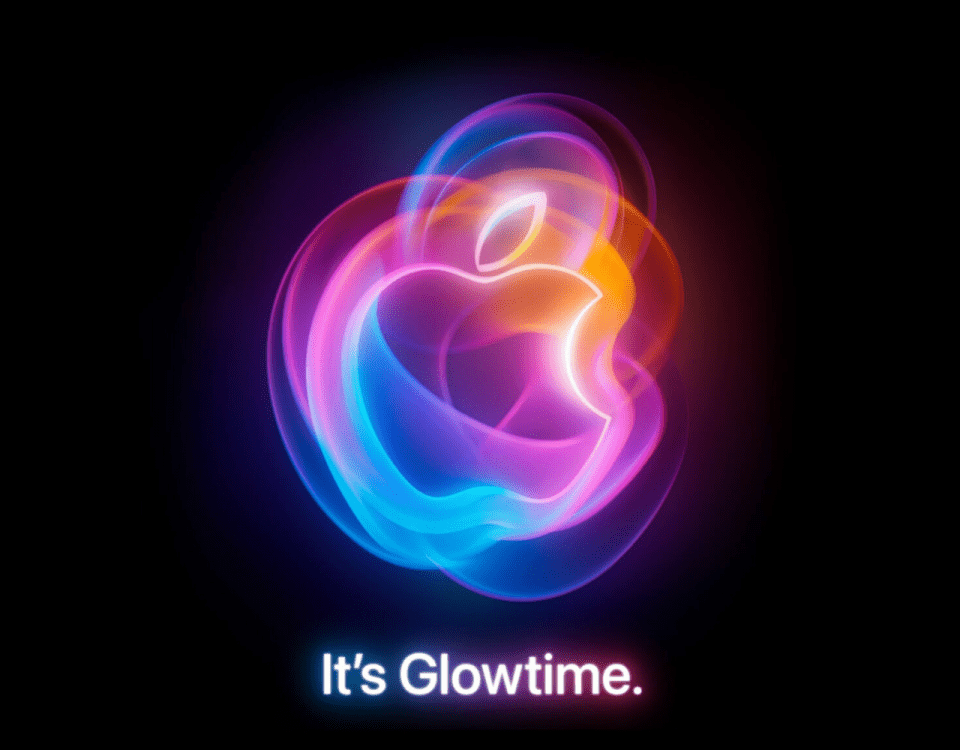Does Your Device Really Have A Virus?
Why Is Computer Leasing Good For Your Business?
27 January 2023Private vs. Public Applications In Cloud Computing – The Debate Continues
1 February 2023With the increasing number of digital gadgets in the market, there are just as many or probably more applications available to manage these devices. When you use your smart phone or iPod or any other device, you often get messages or warnings telling you your security is at risk and that there is a virus on our device.
This probably sends a chill up your spine thinking of all the money you spent purchasing the device and you will most likely download the app that will ostensibly protect your device. But how do you know that your device is really at risk? How do you know that you really have a virus or malware? And what exactly is Malware?
What is a Virus?
You will recall from the days of the desktop, a virus is nothing but a computer program that keeps duplicating itself so that your space gets clogged up and your computer malfunctions. Taken from the traditional meaning of the word, a virus infiltrates your system and simply jams it up. Malware (MALicious softWARE) on the other hand is software that can actually harm your PC.
Do Android Viruses Exist?
No, says Lookout while Walter Glenn of Lifehacker says “Viruses may be a more limited problem on smartphones and tablets, but they do exist.” Glenn substantiates his claim with the knowledge that applications on Android run sandboxed and have very little or no interaction with either the OS or other apps. Therefore even if you have a virus it cannot do much harm. So is there any real cause to worry?
What Sort of Malware can an Android Phone have?
Malware can enter phones through SMS or by downloading apps. Either way your system is at risk although as mentioned earlier, the risk is lesser than that for a PC that has malware.
SMS threat
The threat via SMS is through SMS Trojan. An SMS Trojan works behind the scenes and sends SMS from your phone to high priced numbers. The user account is debited each time an SMS is sent without the user being aware of it. By the time the user realizes that a Trojan has entered his phone he is already paid (or is being charged!) a pretty penny.
Downloaded Malware
Most of the downloaded malware is spyware that gains access to your data and sends it to the hacker. These apps are disguised as genuine apps like the Netflix app that appeared in 2011. The spyware could easily be mistaken for the real software and many guileless users were duped.
Conclusion
The lesson to be learned from Netflix is that you should be extremely cautious when downloading apps into your phone. Any which way, downloading too many apps may clog your system and if you download a spyware then Be Ware!
Sources: Lookout, Lifehacker, Securityweek



